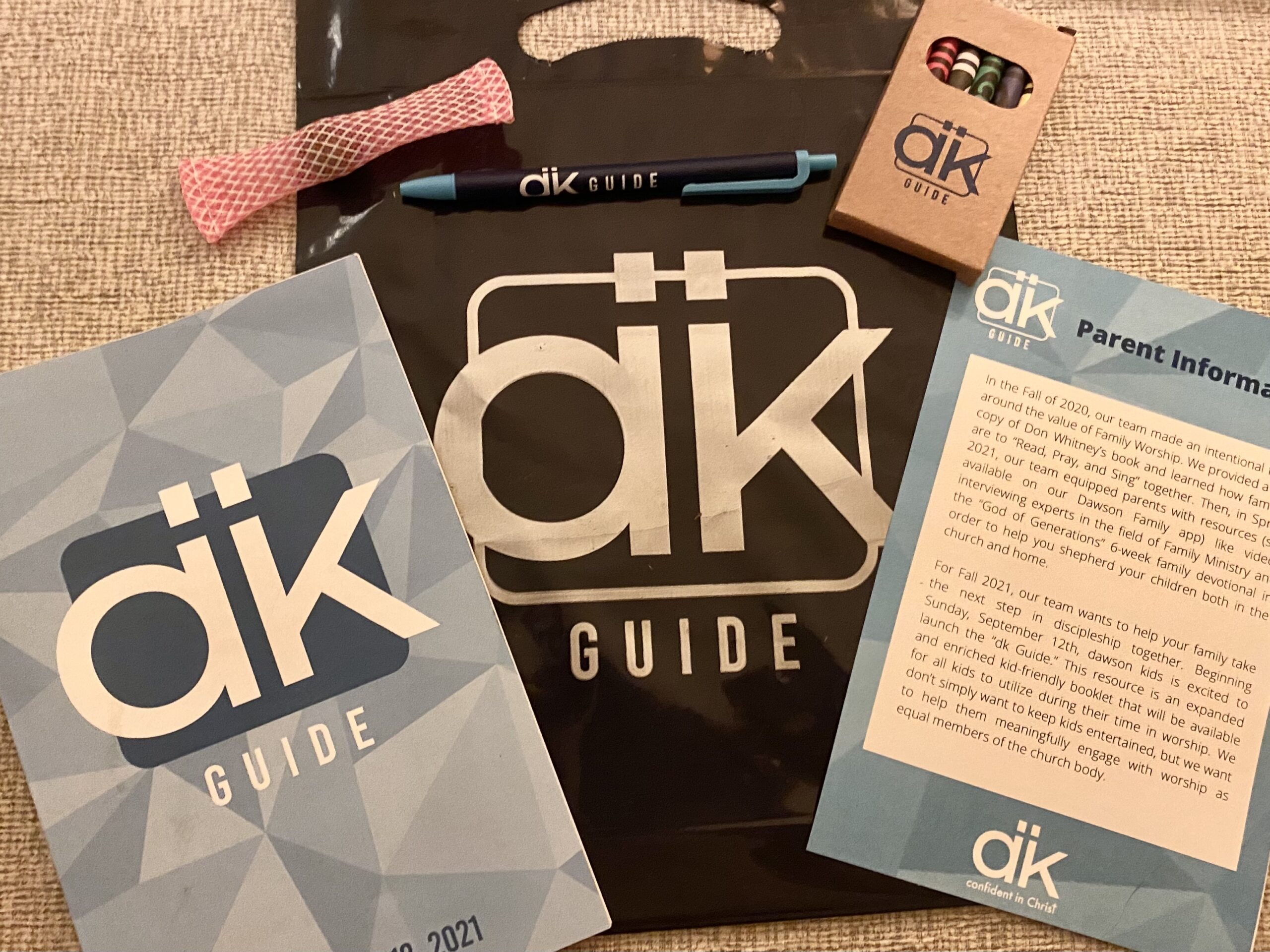I wrote a blog post dedicated to lessons learned in my 20 years in full-time ministry five years ago. As I begin my 25th year, I thought I would update the list with five more lessons I have learned and things I wish I had known when I started 25 years ago. I tend to learn the hard way, so I am sure there are many lessons to come.
The old post is below, so I will begin here with lessons 21-25.
21 – sharpen your leadership skills
– one of the best things i began this year was a “women in leadership” certification course.
– how you lead matters and there is always a chance to grow in your leadership skills.
22 – people before programs
– this one is simple, make it a priority to keep people first. it sounds easy but the constant pull and planning of programming can be time consuming.
– making that call, taking time for that conversation or visit is more important than than a program.
23 – parents before programs
– this may seem like #23, but it has a different twist.
– if i have learned anything from a pandemic when we couldn’t meet as we had traditionally, it was that i should have spent more time over the years equipping parents instead of planning programming.
– we know that deuteronomy 6 states that home is the primary place of faith training, but does your ministry vision and purpose reflect that?
– parents want to disciple their children, oftentimes they just might not know how to do it effectively. make it a priority to encourage, resource, and challenge families to make faith first in the home.
24 – ministering in a pandemic/tragedy is a marathon, not a sprint
– the pandemic left us in a place to have to rethink ministry. while i missed being with the kids, i thrived in having to constantly rethink how we had been doing ministry. we had many ideas, maybe too many!
– less is sometimes much more when days turn into weeks, then into months.
25 – deal with confrontation head-on
– this comes from a girl who avoided conflict like the plague early on in ministry. now i would rather have a tough conversation and move one instead of dread it for weeks.
– unresolved issues are a distraction.
– don’t have a “meeting” after the meeting. if you aren’t bold enough to say it to those that matter, don’t say it to those it doesn’t involve.
20 lessons learned in 20 years
some of the most effective ministry lessons are learned from mistakes and in-the-trenches ministry experiences. if you are new in ministry, here are some tips from someone with 20 full-time years of kids ministry experience to help you avoid pitfalls and burnout in ministry.
1 – the Gospel is the goal
– you are not a cruise director.
– it is not about you.
– the Gospel changes lives for eternity, you don’t.
– families can get moral lessons from books or the side of a fast food container. morals aren’t what we are after, the Gospel is.
2 – know where you are going
– figure out where you are going before you begin.
– make sure everything you put on the calendar and in the budget has the end in mind.
– keeping the end in mind helps you avoid detours and stick to an eternal itinerary.
– a finish line filter helps you say no.
* do you have a ministry vision statement that can serve as a guide and filter for where you are going?
3 – quality vs quantity
– “you can’t do a million things to the glory of God.” beth moore
– a few well-planned, successful events are better than many half hearted, poorly planned events.
– families are busy. when you ask for their time be prepared — make it Gospel-centered and make it count.
colossians 3:23 – “whatever you do, work at it with all your heart, as working for the Lord, not for human
masters,”
4 – realize you haven’t arrived
– you don’t know all there is to know about ministry
– you aren’t the greatest thing to hit the ministry world. people have been in the trenches long before you.
– make sure you always have a teachable spirit.
– listen more than you talk.
* when is the last time you really listened to what God is doing in someone else’s life and ministry?
5 – strategically surround yourself
– make sure your staff/leadership team are strong in the areas where you are weak.
– a well thought out team makes a more successful team.
– allow your team to make you better. (can you take corrective criticism?)
* what type of person is your ministry team missing?
6 – partner with parents
– parent champions – the first thing i did in a transition was create a parent champion team to evaluate and make a plan
to move forward. read more about that here.
– make sure these parents will be prayerfully honest with you and are not just “yes” men and women.
– parents help share your heart and vision with their peers, thus having a greater impact.
7 – target the family (there are 168 hours in a week. you may have the kids for one or two hours. target
the family for maximum kingdom growth.)
– what are you doing to reach the family as a whole?
– family worship (teaching like Jesus taught)
learn more about that here.
– make sure to build a bridge from church to home.
* what takeaways are you giving families to talk through at home?
8 – ministry to children and families with special needs
– educate yourself and your team.
– be prepared before the first family arrives. (policies, space, intake forms, volunteers, etc.)
– provide quality, Christ-centered care
9 – communicate
– communicate often through various channels. (constant contact, mail chimp, remind, facebook, instagram, twitter, ifttt, blog, snail mail, etc.)
– just when you think you are bugging people, they are just getting the message. they need to see the message seven
different times.
– if you are getting questions or have to have a FAQ section, have you really effectively communicated?
10 – sabbath
Luke 5:16 – “But Jesus often withdrew to lonely places and prayed.”
– Jesus made time alone a priority, do you?
– an empty vessel has nothing to give









